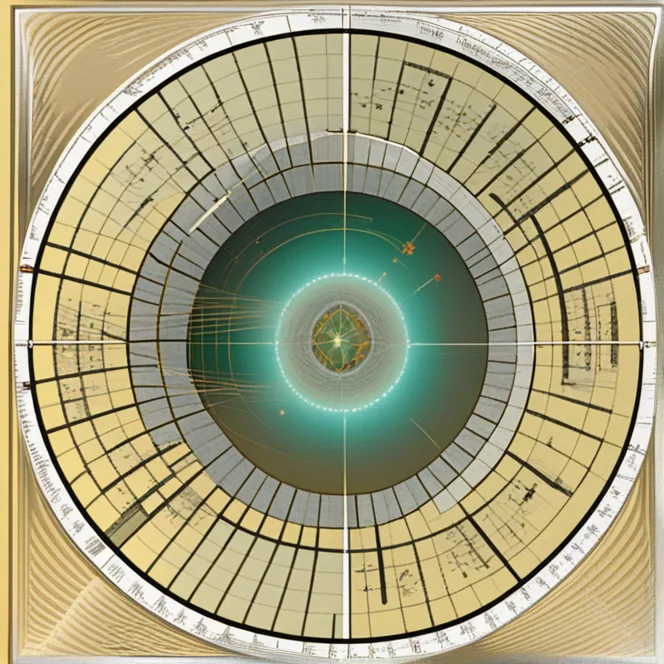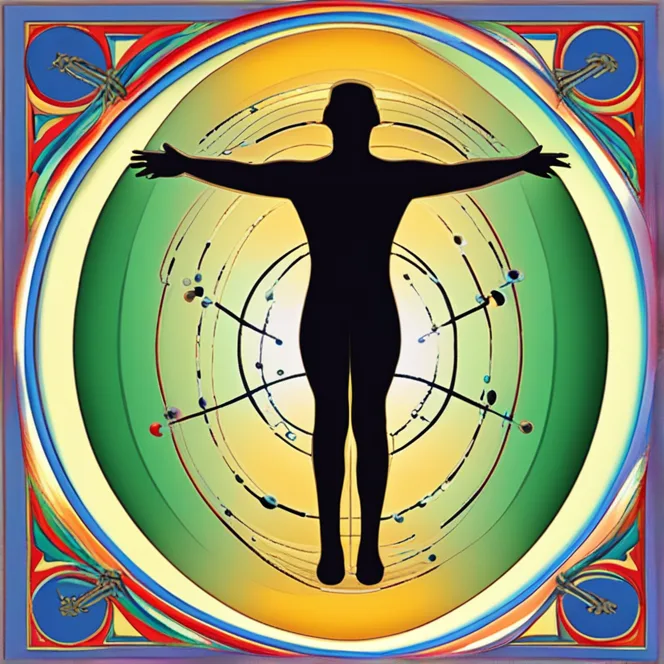
Biorhythms: The Cycles Of Life
Explore the fascinating world of biorhythms and discover how these natural cycles influence your physical, emotional, and intellectual states.
article by Adrian Wallace
Biorhythms are a concept that suggests our lives are influenced by natural physiological cycles. These cycles impact our physical, emotional, and intellectual well-being, often without our conscious awareness. The idea of biorhythms dates back to the 19th century but gained popularity in the 20th century as a way to potentially predict and improve human performance. Since everyone's biorhythms are unique, understanding them may provide insights into the ebbs and flows of our daily lives, strengthening our ability to anticipate periods of high performance or lower energy levels.

The Core Biorhythms
There are three primary biorhythms that are said to affect various aspects of our lives: the physical, emotional, and intellectual cycles. The physical biorhythm operates on a 23-day cycle and is related to one's strength, endurance, and overall vitality. The emotional biorhythm has a 28-day cycle, corresponding with mood, creativity, and perception. Lastly, the intellectual biorhythm runs on a 33-day cycle, which influences cognitive functions such as logic, reasoning, and memory. By charting these cycles, individuals can attempt to synchronize their activities with their biorhythmic predictions.

Biorhythms' History and Evolution
The concept of biorhythms was first introduced by Dr. Hermann Swoboda and Dr. Wilhelm Fliess in the late 19th and early 20th centuries. Their theories were not widely accepted within the scientific community due to the lack of empirical evidence. However, despite skepticism from some scholars, the idea of biorhythms found a place in the public imagination, particularly among those who sought alternative methods to optimize their daily functioning and achieve personal wellness.

Calculating Your Biorhythms
To calculate an individual's biorhythms, one needs their date of birth as the starting point. From this data, it's possible to chart the three cycles and map out their intersection points. High points in any cycle signify times of increased ability in that area, while low points may indicate a need for caution. These cycles are thought to oscillate between positive and negative phases, and understanding these patterns can influence how one approaches their daily activities, decision-making, and overall lifestyle.
Biorhythms in Everyday Life
While the scientific community still debates the efficacy of biorhythms, many people find them useful for personal reflection and life management. Some may use biorhythms to help make major life decisions, such as planning events, engaging in competitive activities, or determining the most favorable time for critical thinking. Others may consult their biorhythmic charts to understand mood swings or physical performance fluctuations.

Modern Perspectives on Biorhythms
In contemporary times, the study of biorhythms has waned from its peak popularity but still holds a niche following. Advancements in technology and the ease of access to biorhythmic calculators online have kept the concept alive. It is now easier than ever for individuals to monitor their cycles regularly, fostering a deeper understanding of how these patterns may relate to their personal experiences and daily life.
While biorhythms may not be scientifically proven, they remain a topic of interest for those searching for insights into their personal lives and well-being. Regardless of varying opinions on their validity, the concept of biorhythms encourages self-awareness and offers a unique perspective on the natural rhythms that may influence our lives.
Published: 12/4/2023
Modified: 12/4/2023
More predictions
Come back here soon to learn more about yourself and your future


Crunching The Numbers: The Calculation Of Biorhythms
Biorhythms, a concept that has captivated many, suggests our lives are steered by innate rhythmic cycles. But how exactly are these rhythms determined? The calculation of biorhythms is a blend of mathematics, time, and the human experience. Let's delve into the intricate process behind these fascinating cycles.


Biorhythms and Birthdays: Intellectual Harmony
The concept of biorhythms suggests that our lives are influenced by natural rhythmic cycles from the moment of our birth. Among these, the intellectual cycle, typically spanning 33 days, plays a crucial role in determining our cognitive abilities, decision-making, and communication skills. This cycle's interplay with our birthday can profoundly impact our relationships, particularly in terms of intellectual compatibility and understanding.


Biorhythms and Birthdays: Emotional Rhythms in Sync
The study of biorhythms presents a captivating way to understand the ebb and flow of our emotional states through the lens of birthday compatibility. Rooted in the idea that our birth date sets the rhythm for various cycles in our lives, the emotional cycle is particularly significant in how we connect and react emotionally. Spanning approximately 28 days, this cycle influences our feelings, moods, and emotional resilience, playing a pivotal role in our interpersonal relationships and how we interact with those around us.